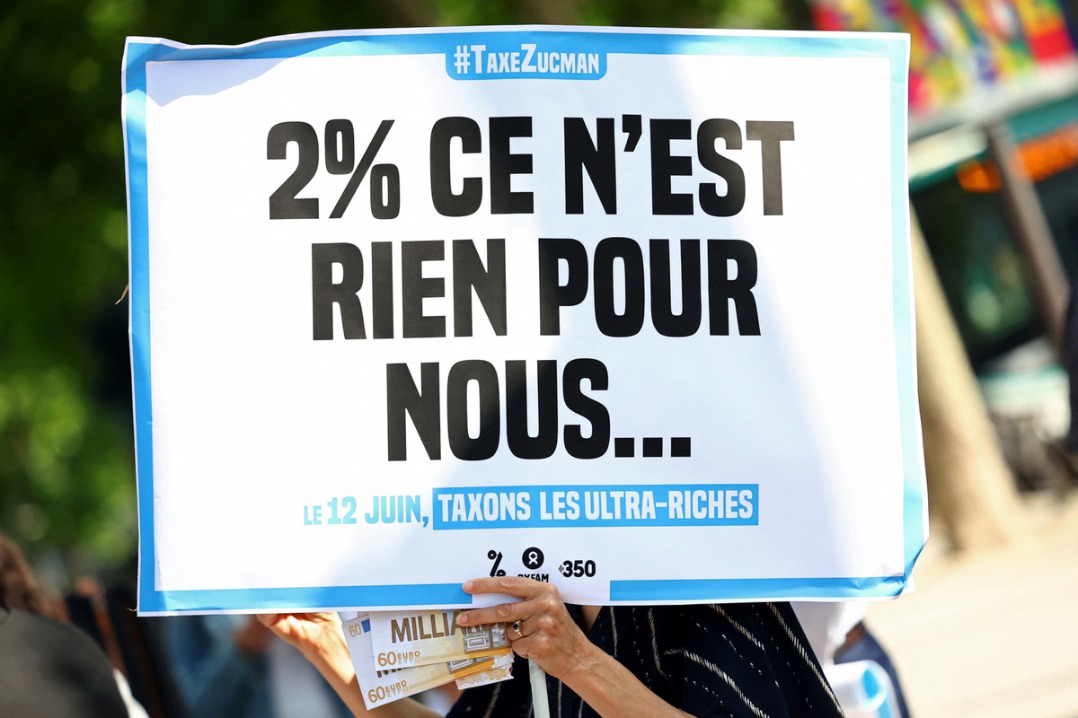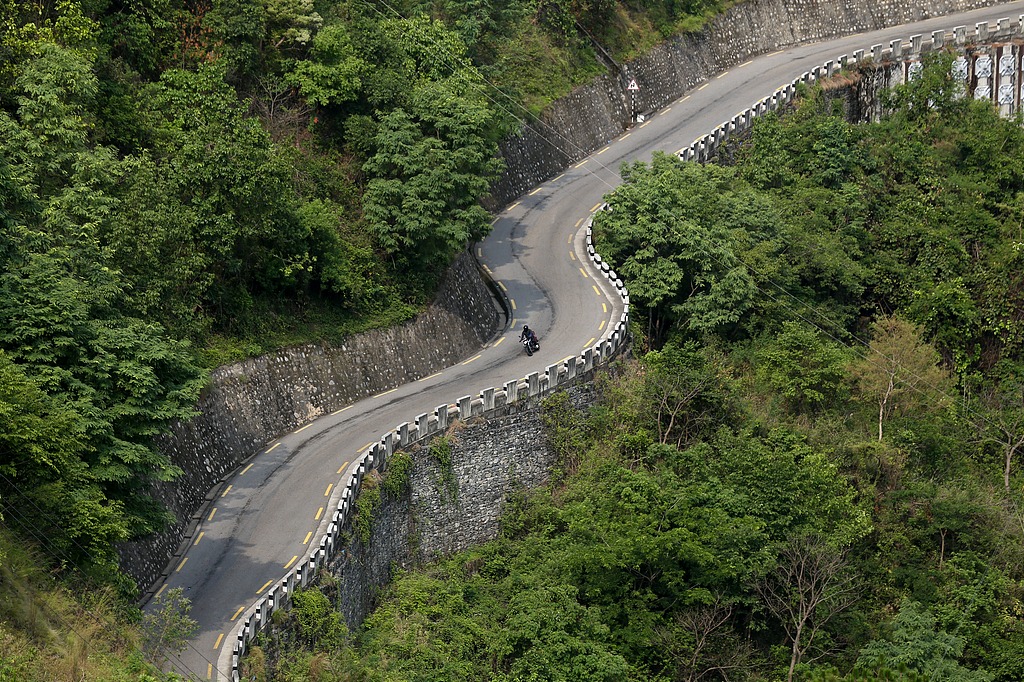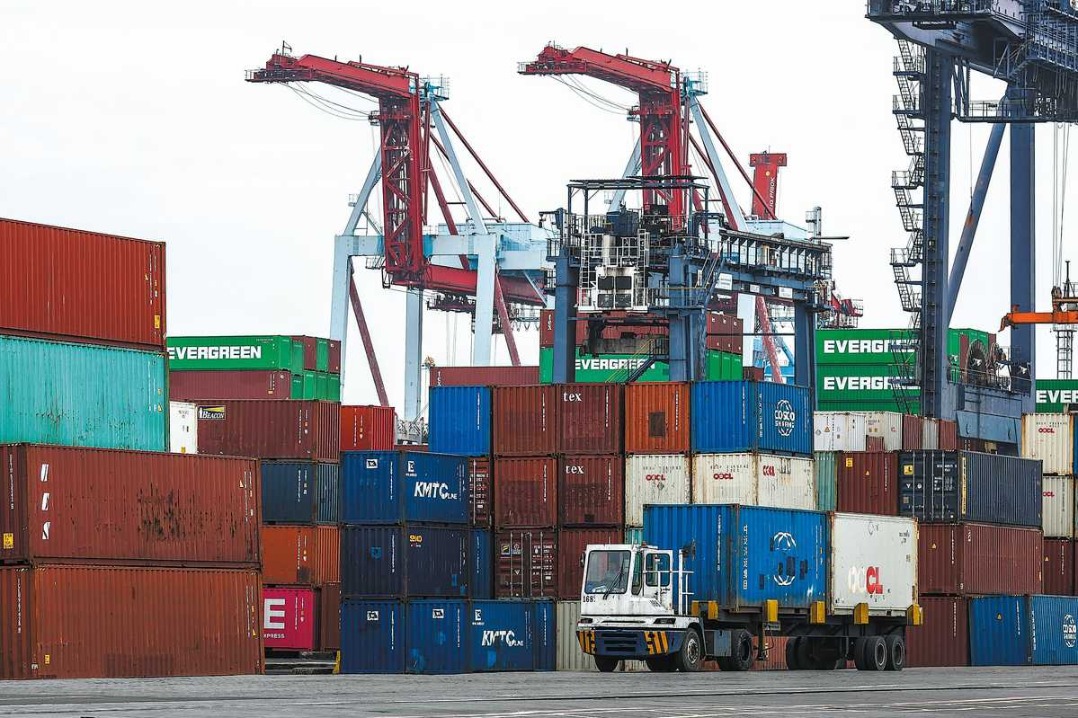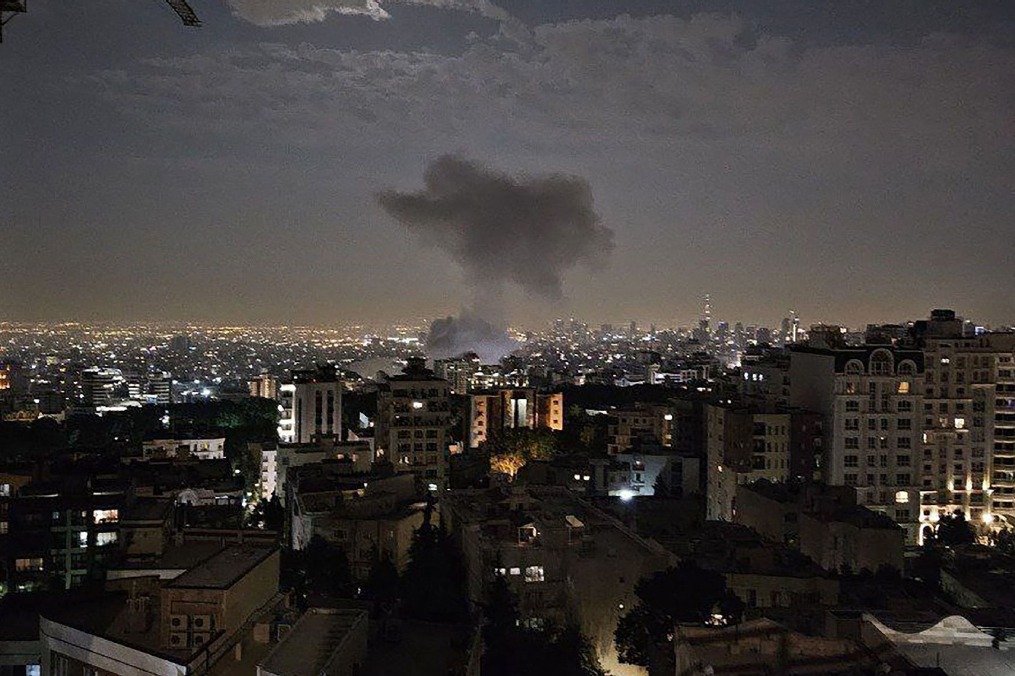Israeli attacks on Iran spark global outrage
Intl community calls for restraint while experts warn strikes risk wider conflict

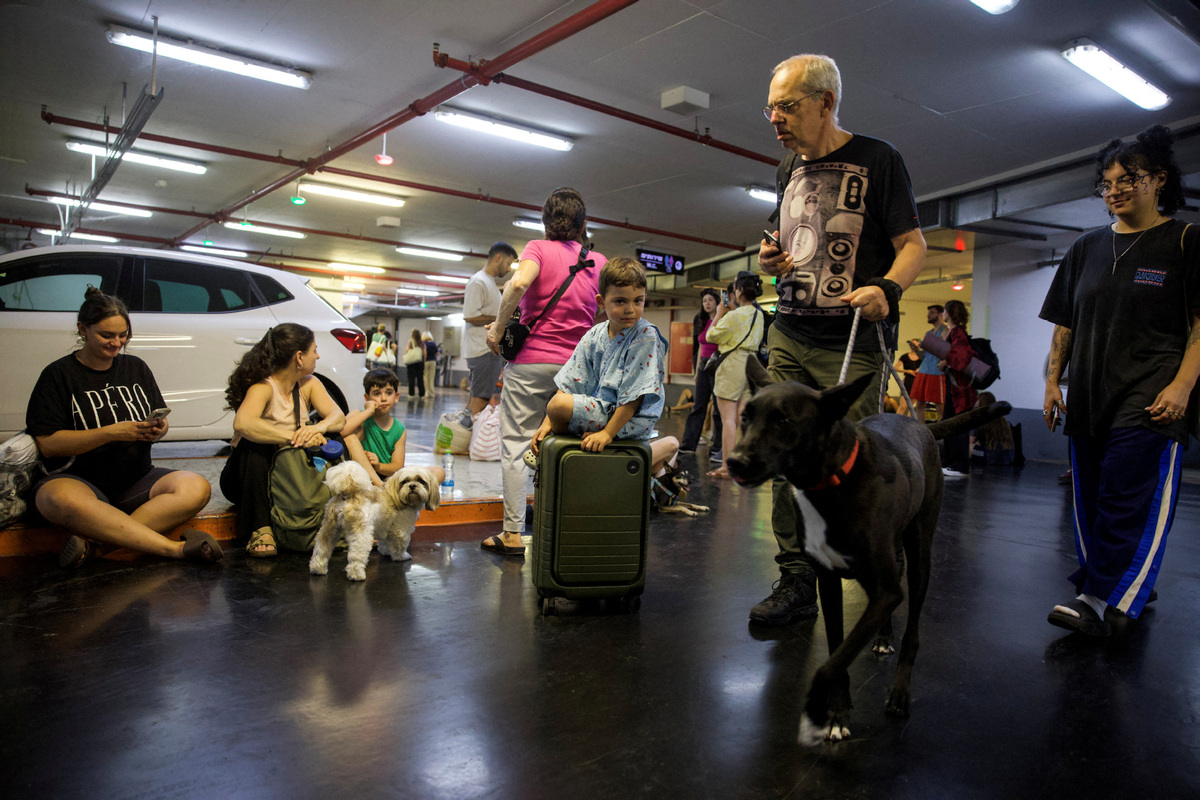
The international community has condemned Israel's latest airstrikes on Iran and called for restraint, with observers saying the massive attacks on Friday morning could further complicate peace efforts and overshadow the dire situation in Gaza.
"I condemn any military escalation in the Middle East," United Nations Secretary-General Antonio Guterres said.
"I'm particularly concerned about Israeli attacks on nuclear facilities in Iran at a time when contacts are taking place between Iran and the United States regarding the status of the Iranian nuclear program."
He called for maximum restraint from all sides to prevent the confrontation from escalating.
Beijing has expressed deep concern over the potential grave consequences of Israel's wide-ranging strikes, urging all parties to avoid further escalation of the tensions.
"China opposes actions that violate Iran's sovereignty, security and territorial integrity," Foreign Ministry spokesman Lin Jian said at a regular news conference on Friday.
China opposes moves that escalate tensions and enlarge conflicts, and stands ready to play a constructive role in helping ease the situation, Lin said.
Secretary-General of the Gulf Cooperation Council Jasem Al-Budaiwi condemned Israel's aggression against Iran as a "blatant violation of international law" under the UN Charter, Kuwait News Agency reported.
He called on the international community and the UN Security Council to take responsibility and end this aggression immediately, warning that further escalation would undermine regional and international peace.
GCC members Bahrain, Kuwait, Oman, Qatar, Saudi Arabia and the United Arab Emirates also condemned the Israeli airstrikes in separate statements.
More difficult situation
Liu Zhongmin, a professor of Middle East studies at Shanghai International Studies University, said Israel chose to take a more aggressive strategy to attack Iran at a time when the US' ability to control the Middle East has declined and when Iran is in a more difficult situation.
"Unlike the previous two conflicts between Israel and Iran, this latest one is more serious in nature, larger in scale, exposing Iran, Israel and the US to the risk of another escalation of the conflict or even a war," he said.
Ali Khansari, an international affairs analyst and graduate of regional studies at Allameh Tabataba'i University in Teheran, told China Daily, "This latest confrontation highlights the fragile security architecture of the Middle East and raises questions about the effectiveness of conventional deterrence models."
The international community — including China, the European Union, the US, and energy-importing countries such as Japan — is likely to intensify efforts to prevent further deterioration, he said.
Rasha Al Joundy, a senior researcher at the Dubai Public Policy Research Centre, said Israel would not have begun the operation unless it knows US President Donald Trump is frustrated with Iran.
"And (Israeli Prime Minister Benjamin) Netanyahu found this is the time the US wouldn't mind an operation against Iran militarily and nuclear facilities because it will not be considered as sabotaging US negotiations since it is already stalled," she said.
Mehran Kamrava, a professor of government at Georgetown University in Qatar, said the attacks appeared to be far more significant in scope and depth and certainly "unprecedented in scale".
The strikes took place ahead of a high-level conference on the two-state solution, which is scheduled to take place next week and will be chaired by France and Saudi Arabia.
A UN meeting in New York last month emphasized the need for next week's conference to go beyond reaffirming principles and achieve concrete results on the ground.
"We must urgently move from words to deeds. We must move from ending the war in Gaza to ending the conflict itself," said Anne-Claire Legendre, Middle East and North Africa adviser to French President Emmanuel Macron.
Mike Gu in Hong Kong and Wang Qingyun in Beijing contributed to this story.
Contact the writers at jan@chinadailyapac.com


















